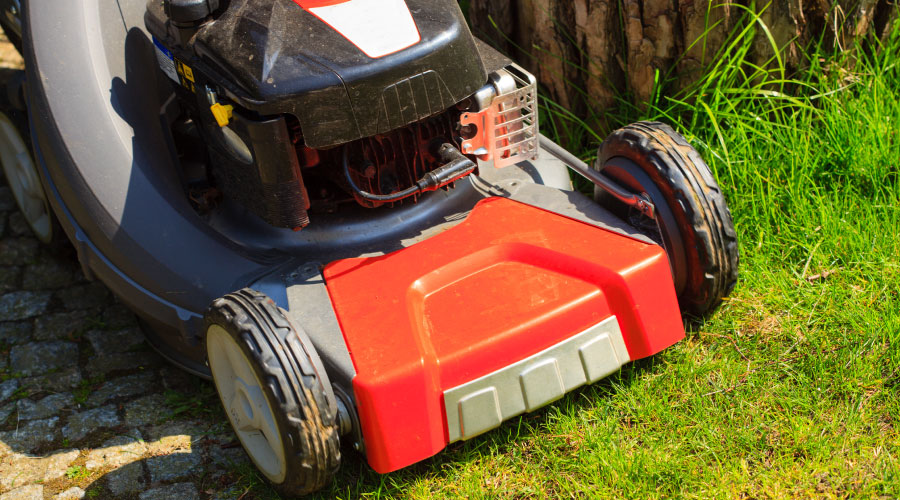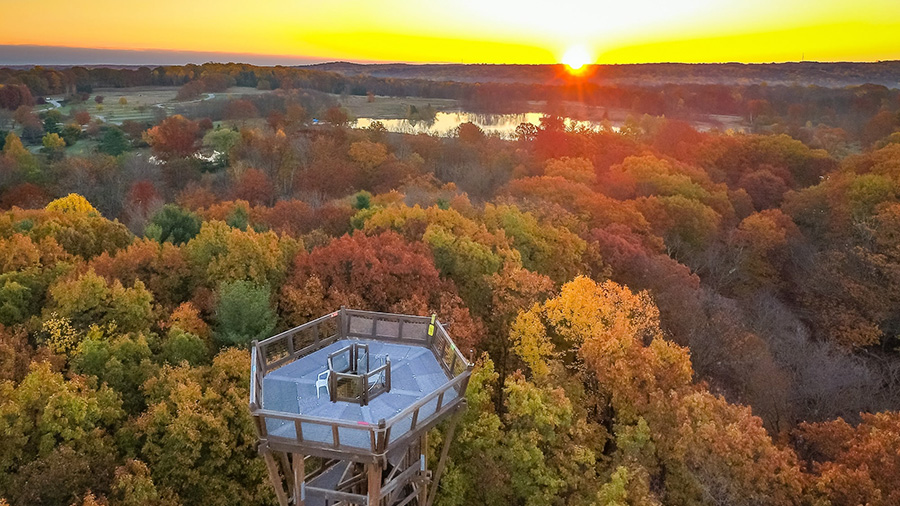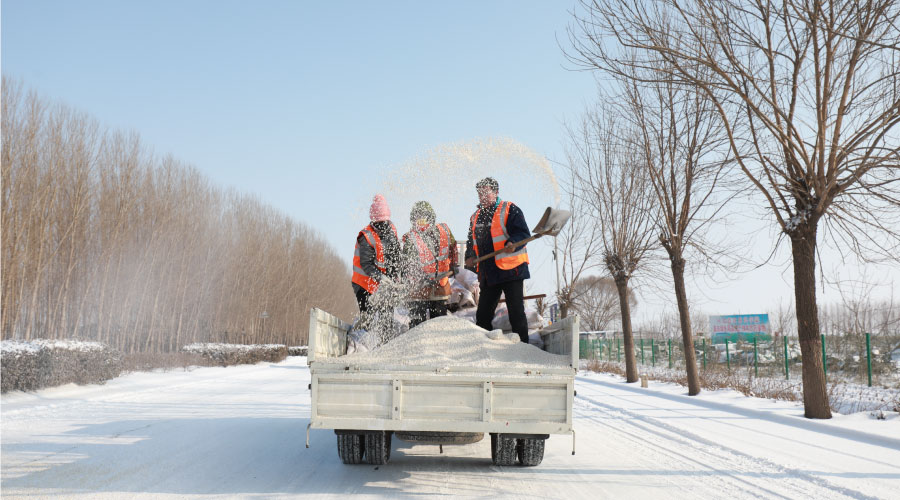Proper Storage, Care, and Training for Extended Mower Lifespan
Managers and landscapes can benefit from having a training program in place to ensure operators use mowers properly.
Proper storage and care are two important factors managers must consider in hopes of extending the performance life of mowers. When storing machines, Anderson says managers must consider these steps:
- Have the proper storage requirements to keep the equipment at recommended storage and charging temperatures.
- Have adequate electric service to support green initiatives.
- Have a facility designed to properly care for equipment.
“Ideally, equipment is stored indoors in a climate-controlled shop to minimize the effects of temperature extremes,” Anderson says.
Other important storage considerations include washing stations, compressed air and a maintenance bay for routine repairs, such as oil changes and blade replacement and sharpening.
Warner considers a preventive maintenance checklist essential for all mowers and says it should include:
- Regularly changing oil according to the operator’s manual
- Making sure the air filter is clean
- Blowing clippings and dirt off mowers daily
- Ensuring no grass is packed into the cooling fins of engines
- Making sure hydraulic fans are clean
- Maintaining tire pressure
- Sharpening and balancing blades
- Servicing the hydraulic system per manufacturer’s service requirements.
Spotlight on training
Managers and landscapes can benefit from having a training program in place to ensure operators use mowers properly.
All new equipment comes with an operator’s manual that includes critical information regarding machine safety, operation of all features and maintenance intervals.
“Most operator training is derived from in-house requirements for operator safety and familiarity,” Anderson says. “All organizations should develop a formal training program tailored to each machine in the fleet. Make sure training includes safety equipment requirements, proper and safe operation, proper and safe operating conditions — slopes and wet areas, for example — and proper basic maintenance based on fuel type, machine cleanliness and checking oil.”
Warner says managers should have operators participate in safety and operation meetings before mowing season begins so they can review proper mowing techniques and safety policies and procedures. Training also serves to remind operators about the value of preventive maintenance. Training should take place whenever new equipment arrives.
“Keep a log of all service records on units that the equipment, or a fleet manager can review and confirm that all preventive maintenance is being performed,” Warner says.
Managers also can contact mower manufacturers or dealers for assistance in education and training.
Suppliers “should always do operator training on the functions of any new machine delivered,” Anderson says. “You can always reach out and see if they can give a refresher training, maybe annually, to refresh the knowledge of existing staff or to bring new hires up to speed on the existing fleet.”
What lies ahead
Grounds managers should always be looking to the future when it comes to mower technology advances.
“You are likely to see more options for electric mowing equipment in the near future,” Anderson says. “Autonomous solutions will be the next big technological leap in mowing operations, allowing operators to be freed up to perform other duties while mowing is happening simultaneously.”
Like other industries, the mowing industry is facing ongoing labor challenges. As a result, performing more work with fewer people is becoming more critical.
“With an autonomous mower, you can have the same amount of people on the crew but can do more enhancement work without an extra person on the machine,” Warner says.
As more states and cities enact legislation reducing emissions, battery-powered mowers also “will see a large gain," Warner says. “The mower industry is constantly innovating with technological upgrades, ride comfort, speed and cutting technology. Continue to research and demo new products to find the ones that help you on your sites.”
Manufacturers warn managers to never settle for a mower that is merely good enough or choose a brand just because they have always purchased it.
“These are signs of a complacent purchase process, and your organization deserves better,” Dobson says.
Instead, managers should find out how the manufacturer is keeping up with technological advances.
“Well-maintained grounds elevate a facility’s image, increase property value and go a long way in making a positive first impression for those who live, work, play and visit the site," Dobson says. “Beautiful grounds make companies more inviting, and more people today value the outdoors and want a pleasing environment.”
Howard Riell is a freelance writer from Henderson, Nevada.
Related Topics:













